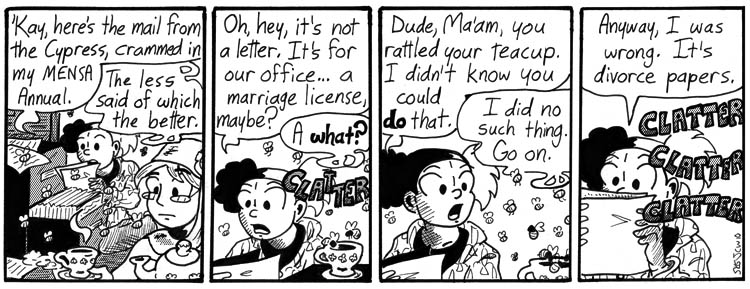In last week's news, there was a fair amount of interest in a study finding that women apologize more than men do. Curiously, there has been no coverage so far, as far as I can tell, by the New York Times, by the Washington Post, by BBC News, or by NPR. I hope that this is not because the reporters, editors, and pundits at these more serious publications collectively decided, contrary to their usual judgment in such cases, that this was a bit of gender-stereotyping fluff better left to the tabloids.
In my opinion the study was well designed and well done (with the usual caveat that the subjects were all 20-ish undergraduate psychology students), and the paper documenting it was clear, careful, and thought-provoking. Also, for a change, the press coverage seems to have been fairly accurate so far. I suspect that this is a tribute to the paper's lucidity, and perhaps also to the communication skills of Karina Schumann, who was the first author and the person most often interviewed by reporters.
Read the rest of this entry »
 On October 1, Partha Niyogi died of brain cancer at the age of 43. He was Louis Block Professor in Computer Science and Statistics at the University of Chicago, and on his web page, he tells us that
On October 1, Partha Niyogi died of brain cancer at the age of 43. He was Louis Block Professor in Computer Science and Statistics at the University of Chicago, and on his web page, he tells us that
